It is not good to be too free. It is not good to have everything one wants
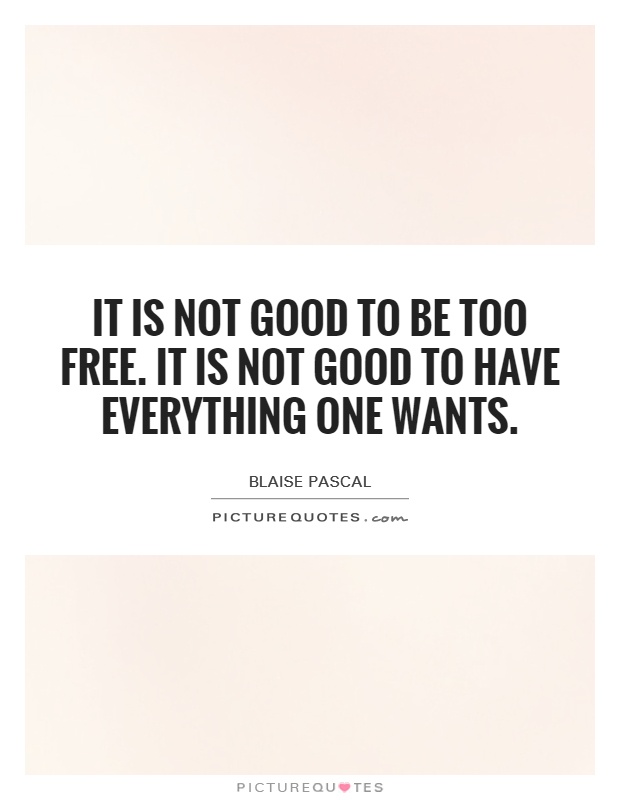
It is not good to be too free. It is not good to have everything one wants
Blaise Pascal, a French mathematician, physicist, and philosopher, is known for his profound insights into human nature and the complexities of life. One of his most famous quotes is, "It is not good to be too free. It is not good to have everything one wants." This statement encapsulates Pascal's belief that excessive freedom and indulgence can lead to negative consequences for individuals.Pascal understood that human beings have a tendency to desire unlimited freedom and to pursue their desires without restraint. However, he also recognized that this unrestrained pursuit of freedom and desires can lead to moral and spiritual decay. When individuals are given too much freedom, they may become selfish, hedonistic, and disconnected from others. They may prioritize their own desires above all else, leading to a lack of empathy and compassion for those around them.
Furthermore, Pascal believed that having everything one wants can be detrimental to personal growth and development. When individuals are constantly indulging in their desires and receiving instant gratification, they may become complacent and stagnant. They may lose the drive to challenge themselves, set goals, and strive for self-improvement. In essence, having everything one wants can lead to a lack of motivation and a sense of emptiness.
Pascal's insights into the dangers of excessive freedom and indulgence are particularly relevant in today's society, where consumerism and instant gratification are prevalent. Many people are constantly seeking to fulfill their desires and acquire material possessions, believing that these things will bring them happiness and fulfillment. However, Pascal would argue that true happiness and fulfillment come from within, from cultivating virtues such as self-discipline, humility, and gratitude.

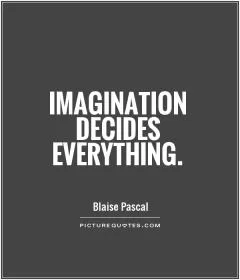

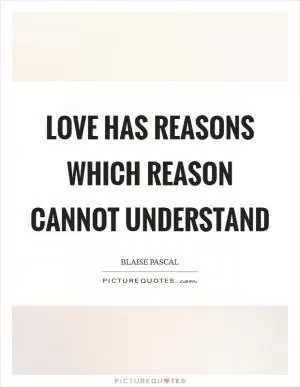

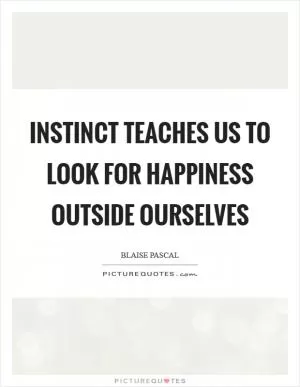
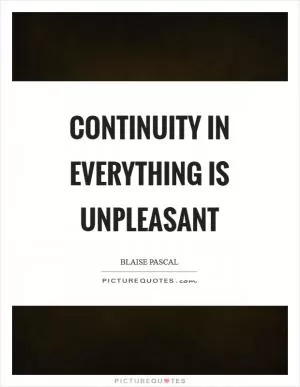
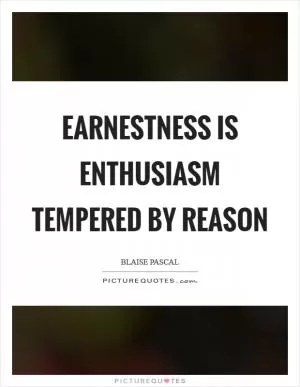
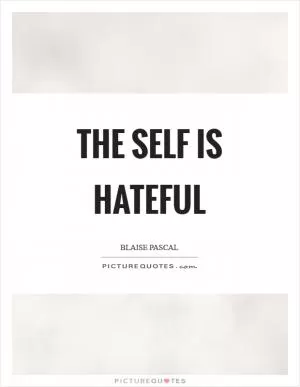

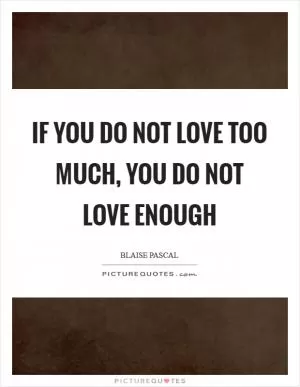

 Friendship Quotes
Friendship Quotes Love Quotes
Love Quotes Life Quotes
Life Quotes Funny Quotes
Funny Quotes Motivational Quotes
Motivational Quotes Inspirational Quotes
Inspirational Quotes